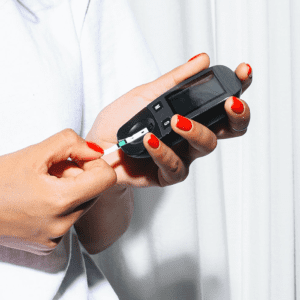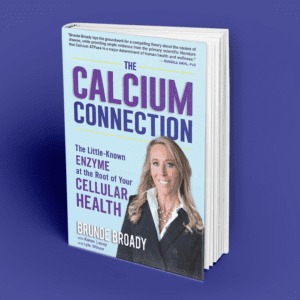- We have published an innovative treatment for stroke, traumatic brain injury, and Alzheimer’s disease
- Neurodon, a leader in disease-modifying treatments for neurodegenerative diseases like Parkinson’s, Alzheimer’s, and ALS, has published another breakthrough, this time targeting stroke and traumatic brain injury (TBI).
Neurodon scientists have validated a new way to halt brain cell loss by ramping up a natural protective strategy called SUMOylation. SUMO is a small protein that the body attaches to other proteins to activate a protective strategy against cell death. However, in the disease state, the natural SUMOylation is insufficient to halt cell loss. Neurodon’s novel compounds ramp up this SUMOylation several fold, and enable increased protection of brain cells.
This marks the first report of a small molecule SUMOylation activator showing efficacy in cellular models of neurodegeneration. It is also remarkable that the most potent compounds effectively rescue neurons to practically 100%.
“Increasing SUMOylation represents a game-changing strategy in the fight against neurodegenerative disease, and we are pleased to provide another avenue for these intractable conditions,” said Neurodon Chief Scientific Founder, Dr. Russell Dahl.
The body uses the SUMO protein as an endogenous protective strategy to deal with neuronal injury, so we took this cue from nature to explore this pathway and develop therapeutics by increasing the activity of enzymes that attach the SUMO protein to its targets. Not only is it effective, but there have been no reports of adverse effects caused by increasing this pathway.
Neurodon has developed a deep pipeline of neuroprotective drug candidates based on their ER stress platform and have recently published their compelling findings on Parkinson’s disease. Their efforts in SUMOylation represent another example of the company’s innovative research in disease modifying therapeutic development.




